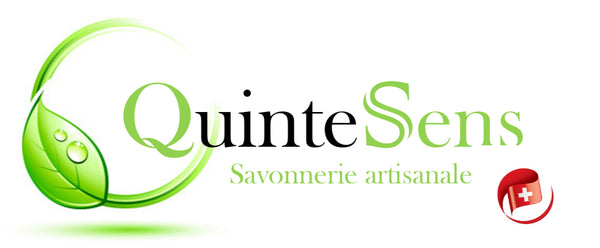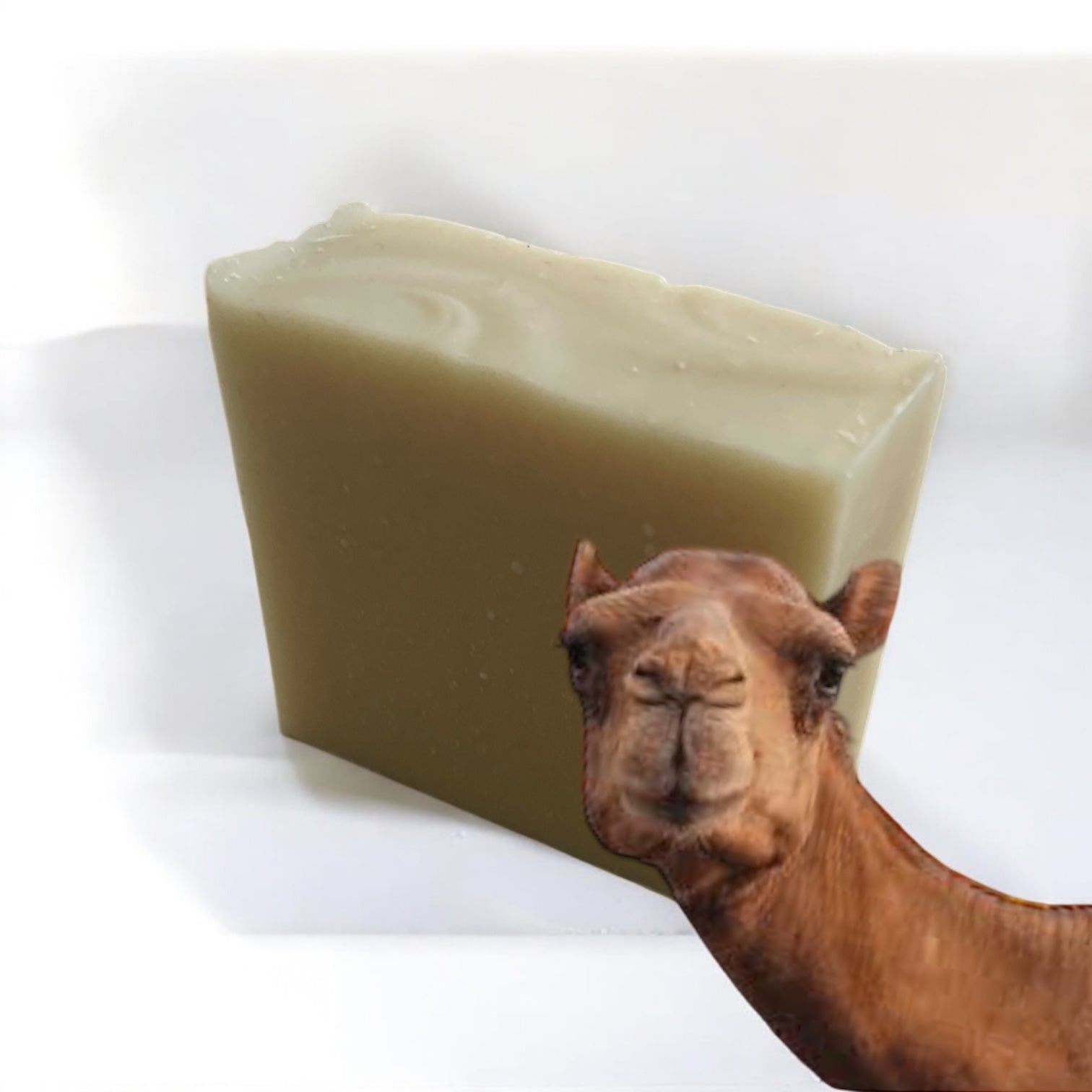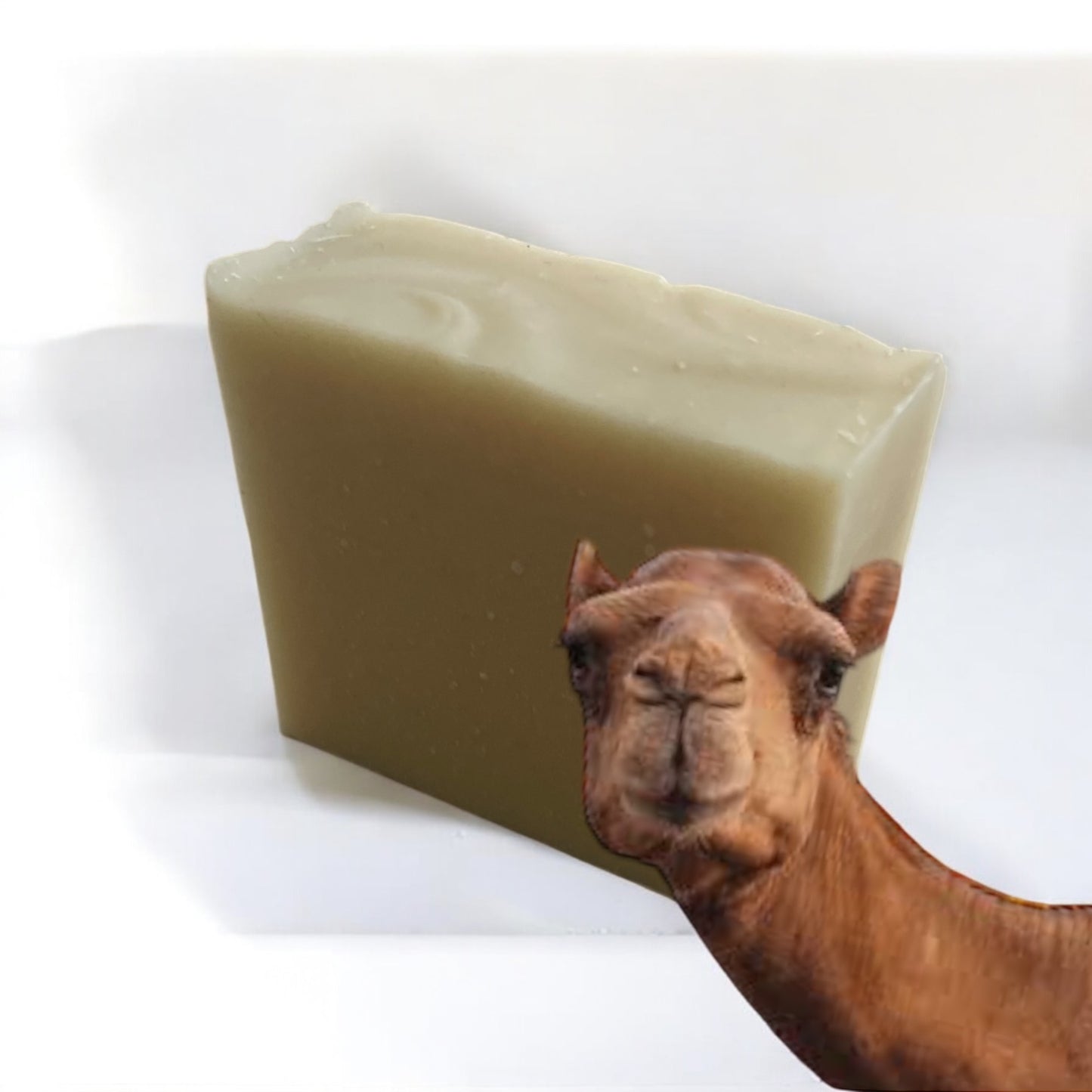
Demystifying the World of Soaps
Partager
Understanding the Bondillons at the heart of your Holiday Memories
During this festive Christmas period, many of you are proudly showing off your soapy finds, unearthed in picturesque local "soap factories". Often located in tourist places rather than in remote corners of the countryside or village, wouldn't that be a clue to take into account?

Allow me to guide you through these characteristic shops, in order to simply explain to you what is contained in these products that you cherish so much. In the vast majority of cases, the soaps you acquire are Bondillons, adorned with various tempting labels such as "organic", "natural", "artisanal", and many others. But what do these qualifications actually mean?
A bondillon is a soap base presented in the form of already saponified granules, to which a whole range of additives are added, such as glycerin, argan oil, shea butter, perfumed oils, preservatives, dyes, and much more.

The typical process goes as follows:
- The soap bars are mixed with the additives, thus forming a homogeneous mass.

2. This mass is poured by hand into a soap machine to be crushed and compacted. This step is repeated several times until a perfectly uniform product is obtained.
3. The bonds are conveyed by an endless screw to an extruder, a machine which crushes and compacts them. At the exit of this machine, a metal die gives the soap its final shape, in which it is cut into bars.

4. These bars of soap are then placed on a cutting plate to obtain their final dimensions. Each soap is carefully checked, ensuring an impeccable product. A personalization stamp is affixed, signaling the end of the process.
It is important to note that despite the variety of shapes and scents that a Bondillon “soap” can take on, these products maintain a smooth and shiny appearance that is easily recognizable over time.

An unmistakable clue that should catch your attention is the price. Often very affordable, these soaps are sold at prices that are unfeasible for products from traditional saponification. In general, bondillons are acquired at a maximum price of 2 to 3 euros, often offered in attractive lots.

Keep in mind that the title “artisan” is not given lightly. It is obtained under strict conditions, notably through years dedicated to the exercise of the profession.
Before you succumb to the temptation of a seductive soap in a tourist boutique, keep these soap revelations in mind and take a closer look at the real artisan soap makers who invest time and expertise in creating luxury products. quality.


Yours sincerely,
Natalie Marchand
QuinteSens soap factory


